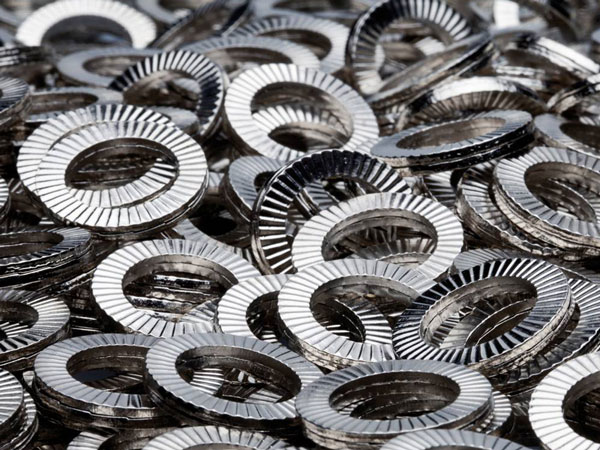
A wedge lock washer is a type of self-locking washer that has a variety of uses. Washers help with load distribution, as they prevent friction, and they offer electrical insulation, prevent galvanic corrosion, and prevent loosening. Most washers are designed to evenly distribute the load of the threaded fastener because the fastener would otherwise stress the material that it is driven into. Washers prevent this friction.
What Is a Wedge Lock Washer?
Wedge lock washers are special washers that use wedge-locking technology to secure bolted joints, even when they are exposed to extreme vibrations or dynamic loads. They come in different sizes and materials, including extra wide, and they use tension instead of friction to secure the bolted joints. This type of washer offers increased operational reliability and lower maintenance costs, and it reduces the risks of accidents, warranty claims, and production stops.
The Resist Corrosion
One of the benefits of using wedge lock washers is that they are highly resistant to corrosion. They are tested rigorously with many hours in neutral salt to ensure that they will perform over time. This test is one of the most trusted methods of verifying corrosion resistance. Many industries are concerned about corrosion, especially when humidity, heat, and air pollution are factors. Some wedge lock washers are designed to last up to 25 years corrosion-free.
Other Benefits
There are many other benefits to using wedge-lock washers. They are quick and easy to install and remove with hand tools, and the locking function is not affected by lubrication. In addition, they are reliable in their locking ability, even when you have joints with a short clamp length. They are also reusable in many environments. They prevent nuts and bolts from turning, slipping, and coming loose from vibration and torque, and they are useful in many industries.
Wedge Lock Washers Information
Wedge lock washers are designed to be tightened to a required torque beneath an ordinary fastener. They have spring tension that prevents the fastener from loosening with vibration. Normally, they will be attached to the nut side of the fastener. They are easy to use, and they are beneficial in this type of application.



